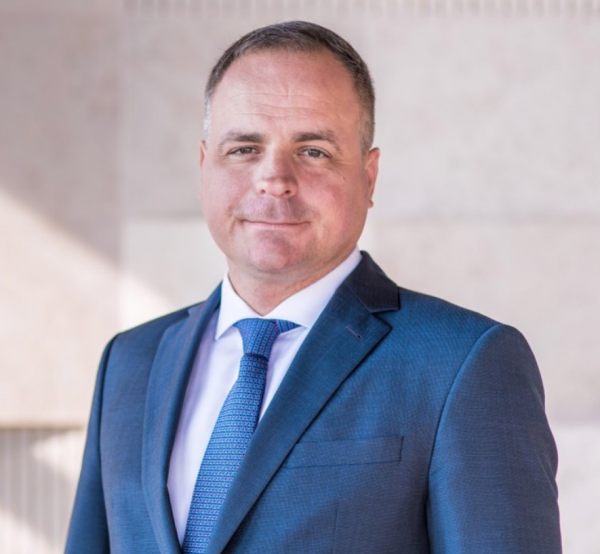
This was the resounding statement made by ECR Vice-President Mr Juraj Droba and the sentiment echoed by many others during a debate on the EU-UK Agreement and territorial consequences of Brexit with London Mayor, Mr Sadiq Khan.
Mr Droba, President of the Bratislava Region, took the floor declaring that "inevitable change is imminent". The end of December will bear witness to the end of the transition period, which Mr Droba emphasised means that "the UK and the EU will no longer do business as usual".
He continued to say that regardless of the outcome of the Brexit negotiations, we must remain positive, "Brexit will create new ways of trading in goods and services, new cross-border mobility, and new exchanges". Mr Droba highlighted the importance of continuing to get along with the UK "as it will become an important and strategic international partner for us".
However, one of the most crucial aspects for Mr Droba is support to local and regional authorities that will be most affected by Brexit. In this regard, he very much welcomed the announcement of a 'Brexit Adjustment Reserve' amounting to EUR 5 billion in support for those countries and sectors most affected by Brexit, as part of the July's proposal for the new multiannual financial framework 2021-2027.
The ECR Vice-President provided context for the debate when he gave the example of his home country, Slovakia, where British investments have covered sectors producing rubber and plastic products, metal products and motor vehicles. So what would a no-deal Brexit mean for Slovakia?
Quite solemnly, he explained that it "would disrupt and hit our industry hard, translating to a loss of jobs and investment capacity in addition to the dire consequences on bilateral trading". In reality and in terms of trade impacts, Slovak exports to the UK might be cut by some 60%, which would amount to EUR 4.5 billion a year.
Mr Droba concluded by saying that cooperation with the UK, in particular at regional level, must continue. "There are many opportunities for us to tackle problems together. Continued dialogue and exchange can help us to define joint projects that could be developed between local and regional authorities after Brexit."
The debate was held during the December plenary session of the European Committee of the Regions.

